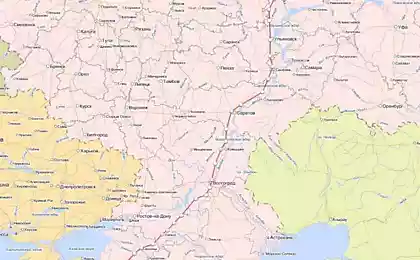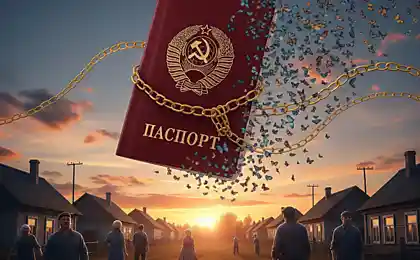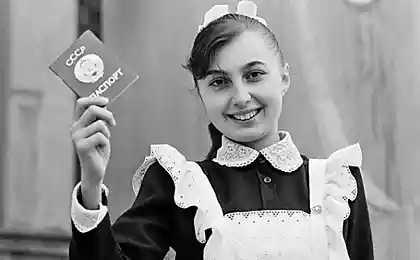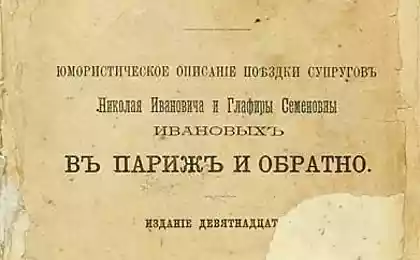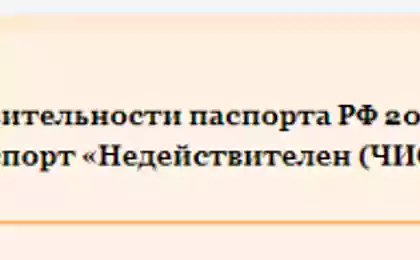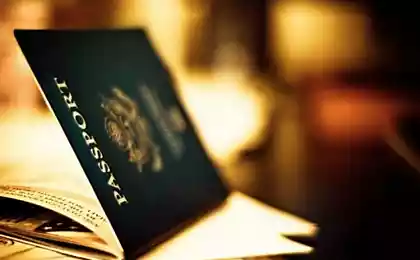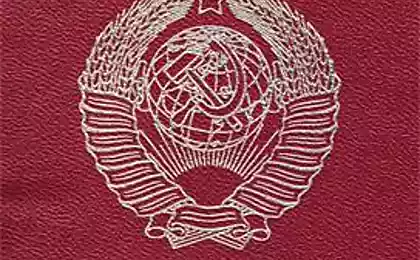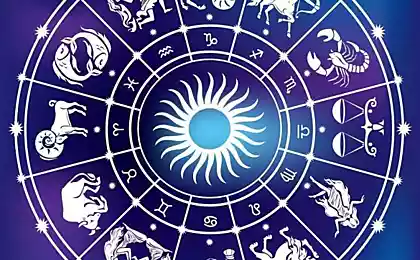491
The history of passports — a brief digression
Today, the passport is the main document of a citizen of any country. In modern Russia the residents even recommend taking your passport with you in cases where they proto went to the store for groceries. Few people know that in fact such a trivial document like a passport, has a very serious and long history. During the long years had changed the appearance of the passport and its purpose. Moreover, we changed the name of the document, until finally someone decided to stop on the option which is now adopted everywhere.
Where did the name "passport"? In the French language is the word passeport. In Italian there are also analog – passaporto. Is fairly common version, according to which a passport was once called the permission to visit the port. However, in the expert historians have shown convincingly that this version is false. The fact that in the middle ages to the ports you're free to go any vessels because they were an open area. But to log in do city gates it was possible only with a special document. By the way, in Italian the name Atka vart sounded like "porte".
As we can see, first the document needed to get into some kind of closed area. Any similar modern analogue of the passport of the people of the middle ages was not simple. Today, getting citizenship of the European Union, a person acquires and brand new passport. Before the same people who lived in Europe some ten years ago, for the most part do not have any documents.
The middle ages brought people on the European continent, some novelties related to the introduction of certain documents. So, in this period of limited entry into the city. To get inside, the traveler must submit a special permit, which is issued by the local feudal Lord or nobleman. Even on the eve of the First world war only a small proportion of citizens of European countries had passports. At that time the border crossing in Europe was not a problem. From entering and leaving nobody demanded that they showed any documents. However, with the onset of the war the situation radically changed. The borders were closed. Cross them could only people with passports. To protect against espionage, government agencies of different countries had to establish a thorough system for checking people at the borders.
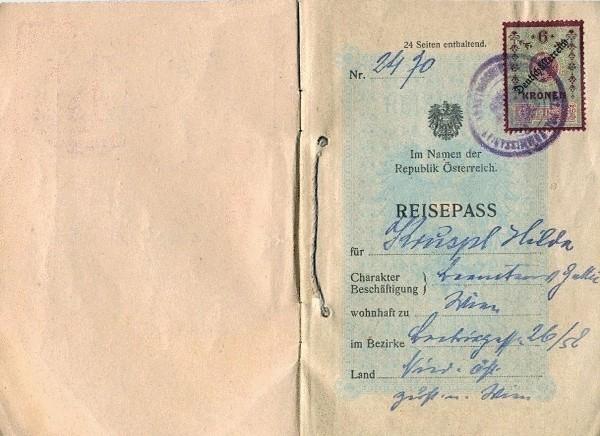
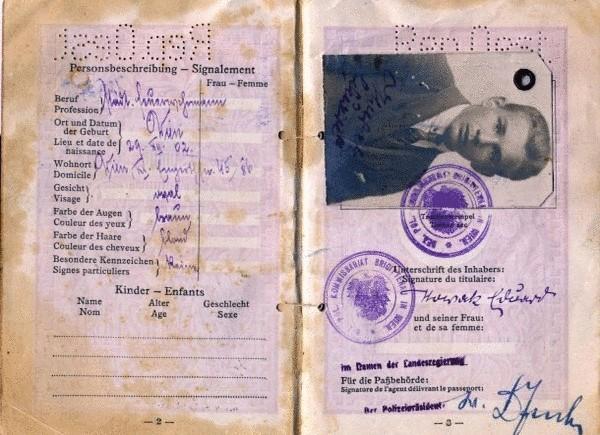
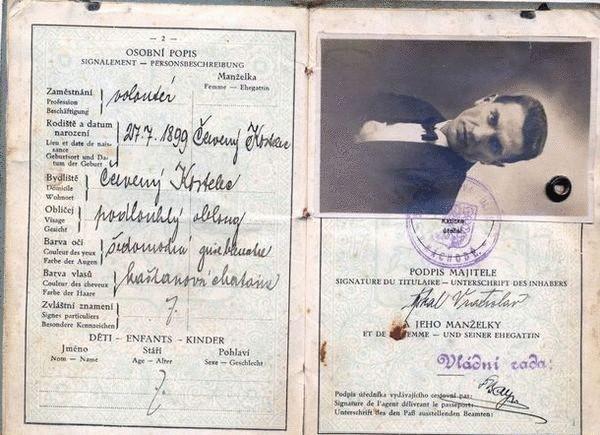
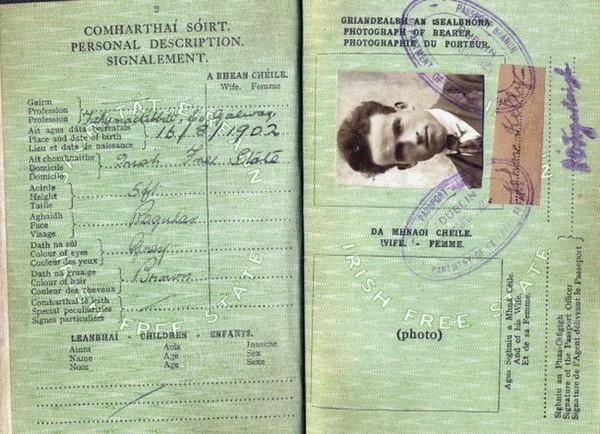
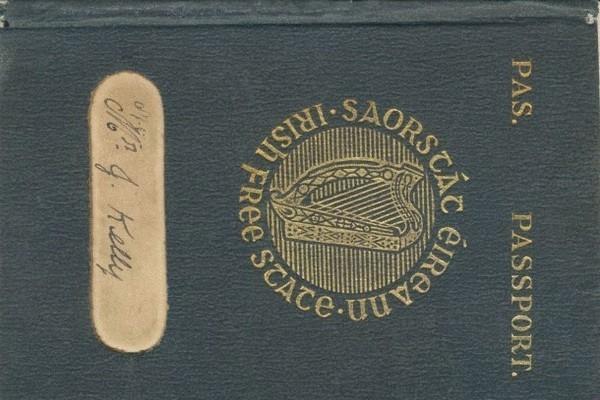
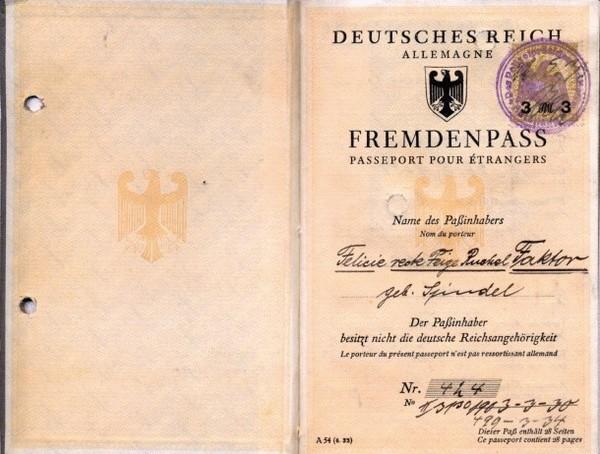
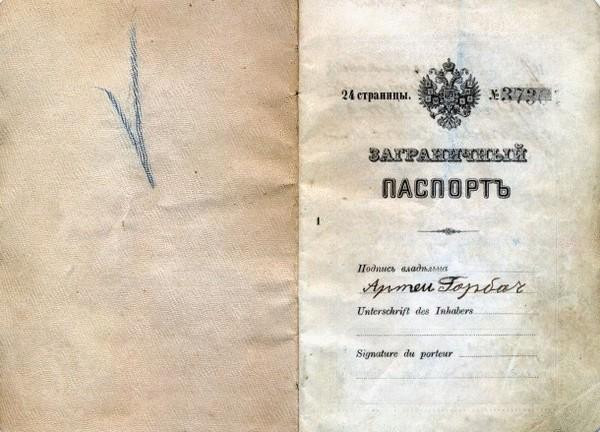
published
Source: lightsup.ru/
Where did the name "passport"? In the French language is the word passeport. In Italian there are also analog – passaporto. Is fairly common version, according to which a passport was once called the permission to visit the port. However, in the expert historians have shown convincingly that this version is false. The fact that in the middle ages to the ports you're free to go any vessels because they were an open area. But to log in do city gates it was possible only with a special document. By the way, in Italian the name Atka vart sounded like "porte".
As we can see, first the document needed to get into some kind of closed area. Any similar modern analogue of the passport of the people of the middle ages was not simple. Today, getting citizenship of the European Union, a person acquires and brand new passport. Before the same people who lived in Europe some ten years ago, for the most part do not have any documents.
The middle ages brought people on the European continent, some novelties related to the introduction of certain documents. So, in this period of limited entry into the city. To get inside, the traveler must submit a special permit, which is issued by the local feudal Lord or nobleman. Even on the eve of the First world war only a small proportion of citizens of European countries had passports. At that time the border crossing in Europe was not a problem. From entering and leaving nobody demanded that they showed any documents. However, with the onset of the war the situation radically changed. The borders were closed. Cross them could only people with passports. To protect against espionage, government agencies of different countries had to establish a thorough system for checking people at the borders.







published
Source: lightsup.ru/
8 statements of scientists, in which they Express their vision of love
How to respond to criticism — 5 useful tips


